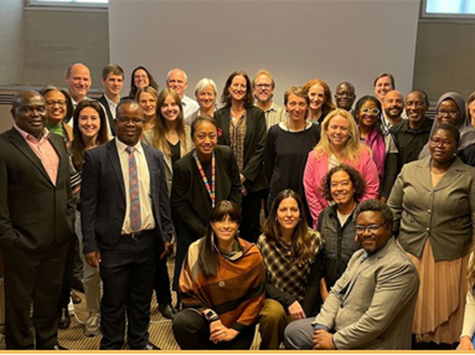Duke scholars and students were among more than 800 experts who contributed to global study calling for policymakers to consider contributions of small fisheries
Big, industrial vessels operating in the oceans usually come to mind when thinking about commercial fishing. But in coastal and inland communities around the world, relatively smaller-scale fishing is a major source of food, nutrition and income for a growing population.
Despite the outsized role of these small-scale fisheries, their value is often poorly measured and ignored in policy and management decisions. A forthcoming report aims to change that, drawing on the expertise of hundreds of researchers, consultants and government staff from around the world—including Duke scholars and students.
Years in the making, Illuminating Hidden Harvests: The contributions of small-scale fisheries to sustainable development details the multifaceted contributions of small-scale fisheries. The report culminates a collaborative research effort led by the Food and Agriculture Organization of the United Nations (FAO), Duke University and WorldFish to better inform governance of these critical resources.
“This report provides perhaps the clearest picture to date of the global importance of small-scale fisheries to sustainable development,” said John Virdin, director of the Ocean and Coastal Policy Program at the Nicholas Institute for Energy, Environment & Sustainability and assistant professor of the practice at the Nicholas School of the Environment. “The data and recommendations in this report can support policy making at all levels and, we hope, empower fishing communities and their advocates to push for productive, sustainable and equitable small-scale fisheries.”
The “Illuminating Hidden Harvests” initiative builds on The Hidden Harvests: The Global Contribution of Capture Fisheries, a 2012 study by FAO, the World Bank, and WorldFish that marked a first attempt to synthesize data on small-scale fisheries. The new report assessed their environmental, economic, gender, nutrition and governance contributions.
Read full article
Mar. 16, 2023

